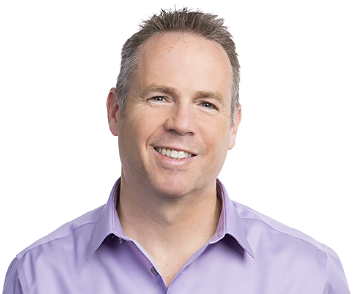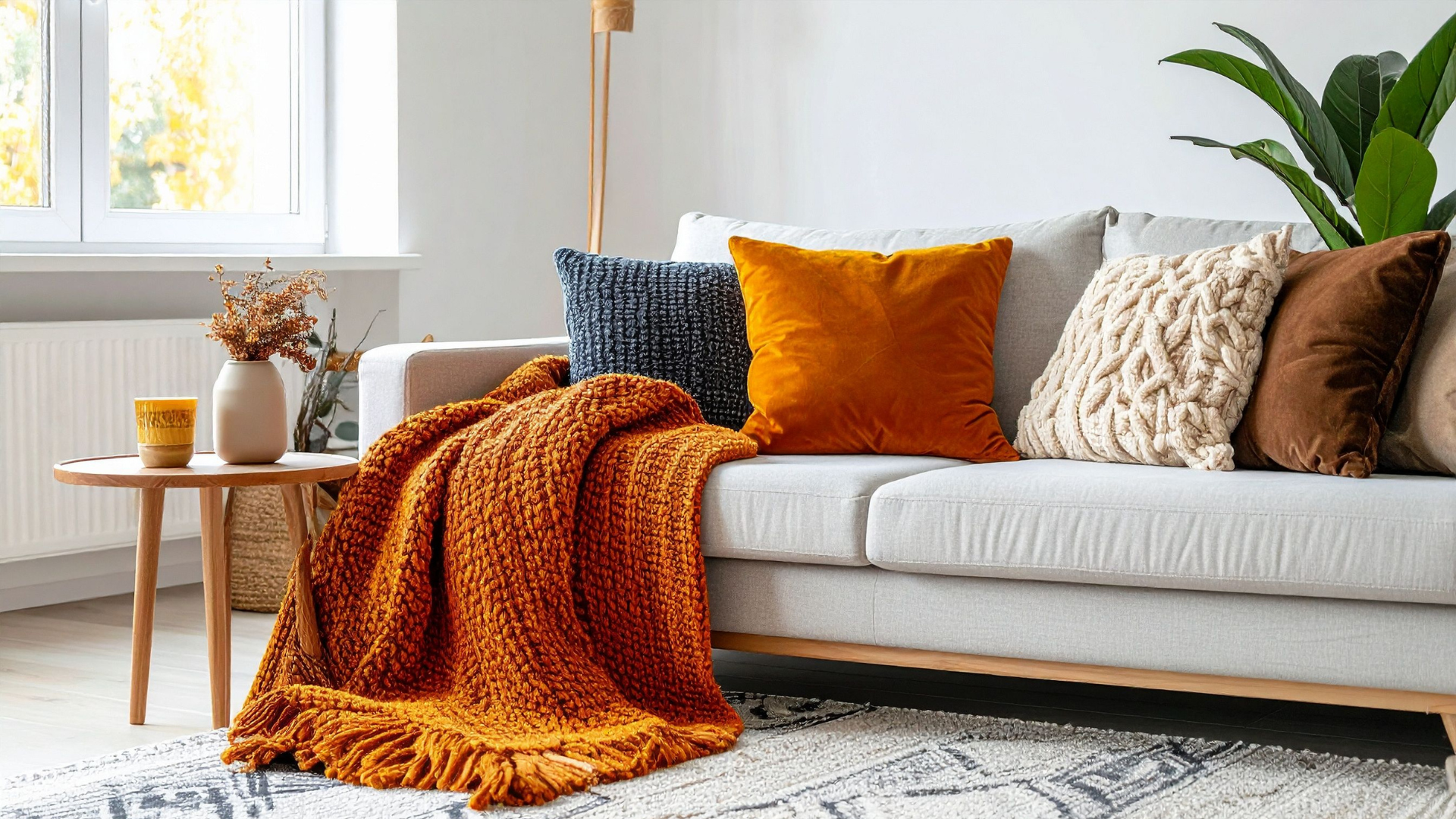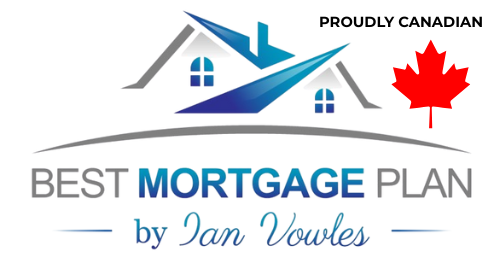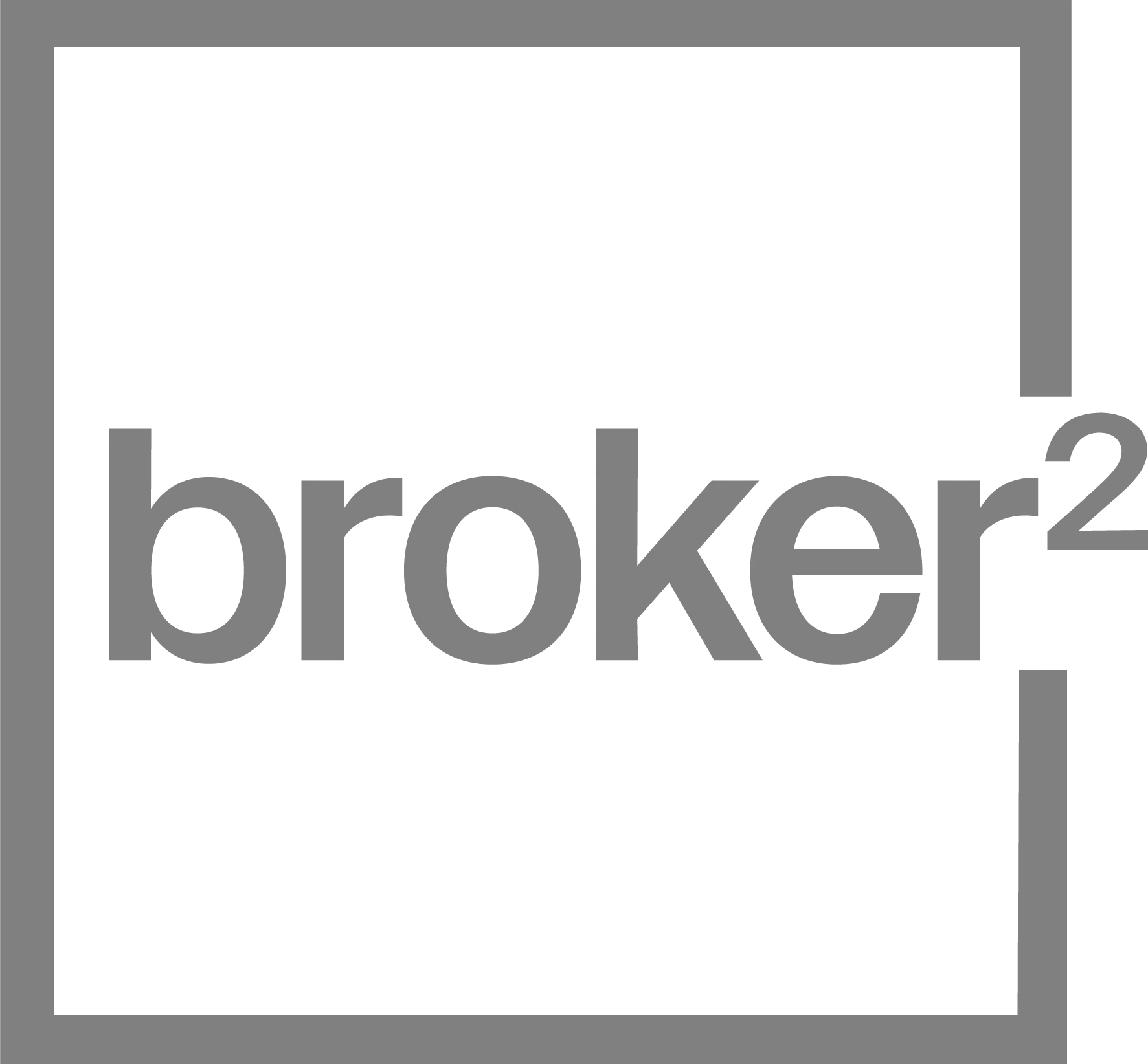What Is a Cashback Mortgage and How Does It Work?
Cashback Mortgages: Are They Worth It? Here’s What You Need to Know
If you’ve been exploring mortgage options and come across the term cashback mortgage, you might be wondering what exactly it means—and whether it’s a smart move.
Let’s break it down in simple terms.
What Is a Cashback Mortgage?
A cashback mortgage is just like a regular mortgage—but with one extra feature: you receive a lump sum of cash when the mortgage closes.
This cash is typically:
- A fixed amount, or
- A percentage of the total mortgage, usually between 1% and 7%, depending on your mortgage term and lender.
The money is tax-free and paid directly to you on closing day.
What Can You Use the Cashback For?
There are no restrictions on how you use the funds. Here are some common uses:
- Covering closing costs
- Buying new furniture
- Renovations or home upgrades
- Paying off high-interest debt
- Boosting your cashflow during a tight transition
Whether it’s to help you settle in or catch up financially, cashback can offer a helpful buffer—but it comes at a cost.
The True Cost of a Cashback Mortgage
Here’s the part many people overlook: cashback mortgages come with higher interest rates than standard mortgages.
Why? Because the lender is essentially advancing you a small loan upfront—and they’re going to make that money back (and then some) through your mortgage payments.
So while the upfront cash feels like a bonus, you’ll pay more in interest over time to have that convenience.
Breaking Down the Numbers
It’s hard to give a blanket answer about how much more you’ll pay since it depends on:
- Your interest rate
- The cashback amount
- The mortgage term
- Your payment schedule
This is why it’s important to run the numbers with a mortgage professional who can help you compare this option with others based on your personal financial situation.
Are You Eligible for a Cashback Mortgage?
Not everyone qualifies.
Cashback mortgages generally come with stricter requirements. Lenders often want to see:
- Excellent credit history
- Strong, stable income
- Low debt-to-income ratio
If your mortgage file includes anything “outside the box”—like being self-employed or recently changing jobs—qualifying for a cashback mortgage might be tough.
What If You Need to Break the Mortgage?
This is one of the biggest risks with cashback mortgages.
If your circumstances change and you need to break your mortgage early, you could be on the hook for:
- Paying back some or all of the cashback you received, and
- A prepayment penalty (typically the interest rate differential or 3 months’ interest—whichever is higher)
That can be a very expensive combination. So if there’s even a chance you might need to sell, refinance, or move before your term is up, a cashback mortgage might not be the best fit.
Should You Consider a Cashback Mortgage?
Maybe—but only with eyes wide open.
Cashback mortgages can be helpful in the right scenario, but they’re not free money. They’re a lending tool that benefits the lender, and the key is knowing exactly what you’re agreeing to.
Final Thoughts: Talk to an Expert First
Choosing the right mortgage isn’t just about the lowest rate or the biggest perk—it’s about making a choice that fits your whole financial picture.
If you’re considering a cashback mortgage, or just want to explore all your options, let’s talk. As an independent mortgage professional, I can help you weigh the pros and cons of various products, so you can make a confident, informed decision.
Have questions? I’d be happy to help—reach out anytime.
IAN VOWLES





